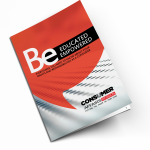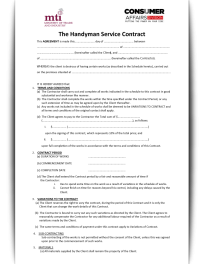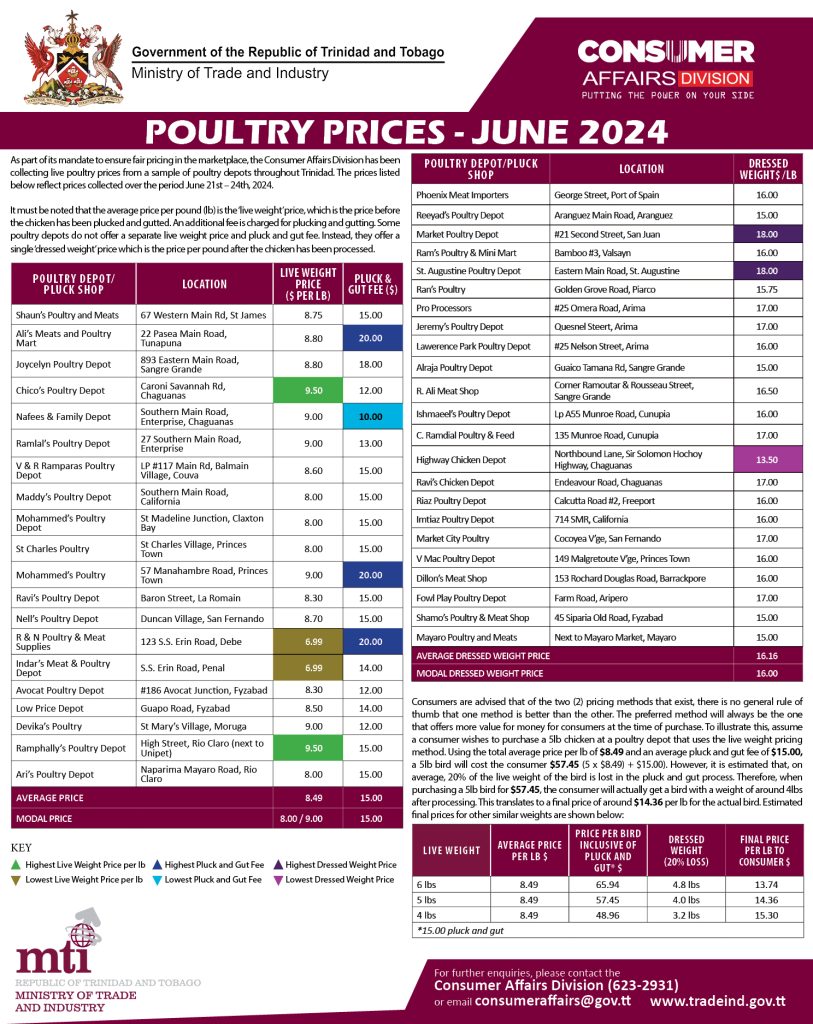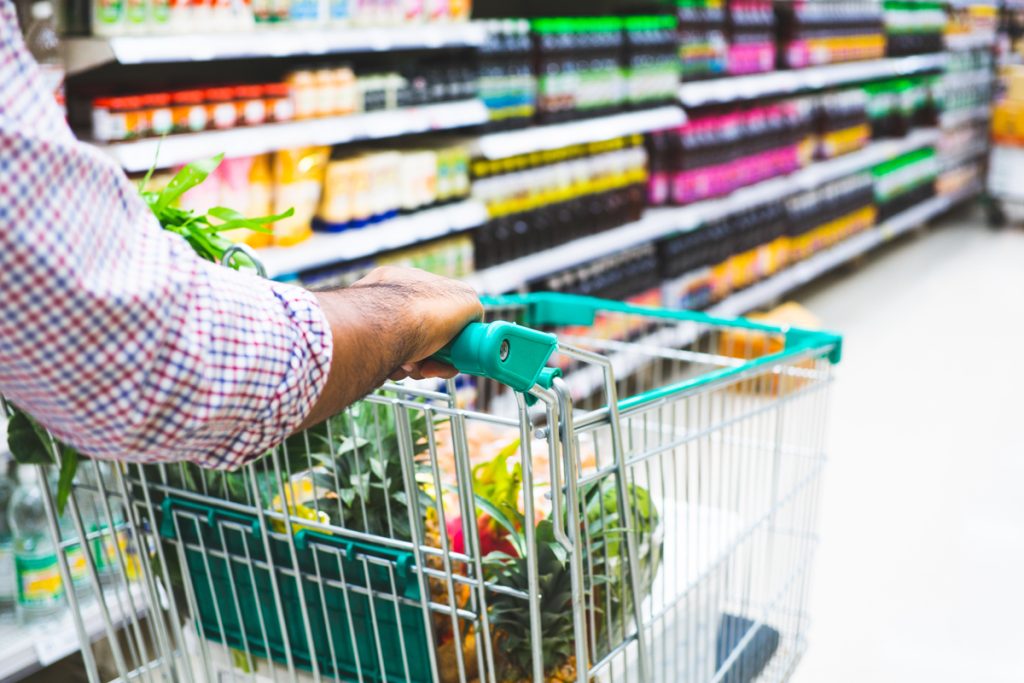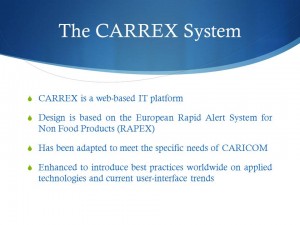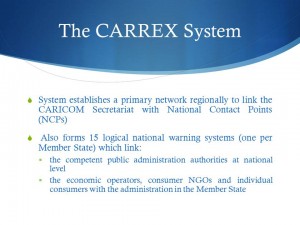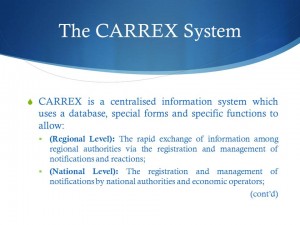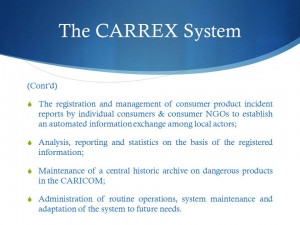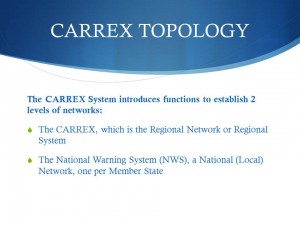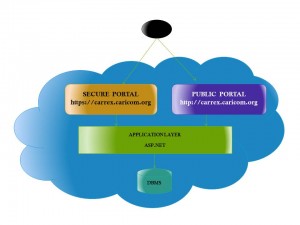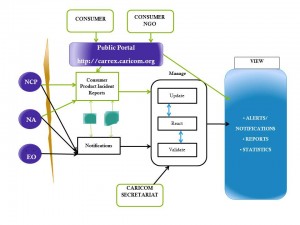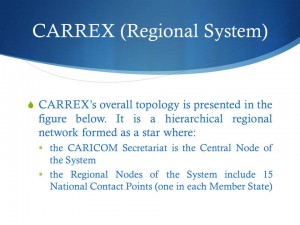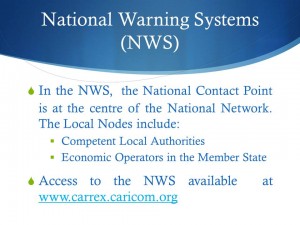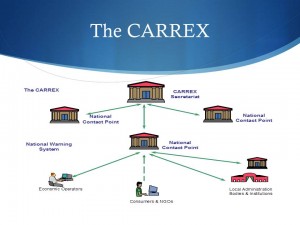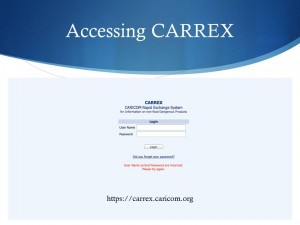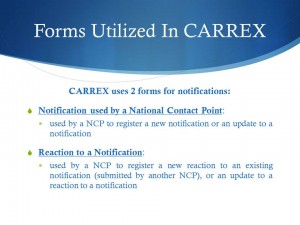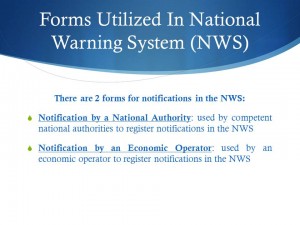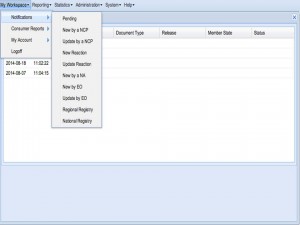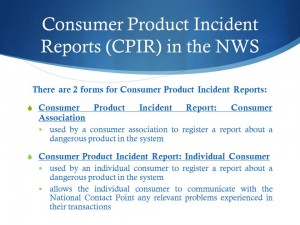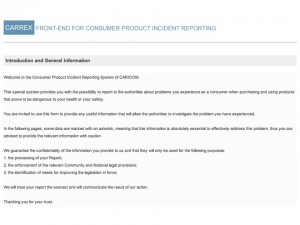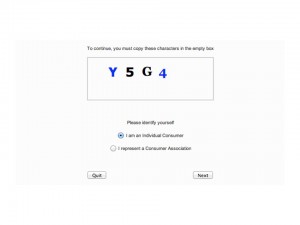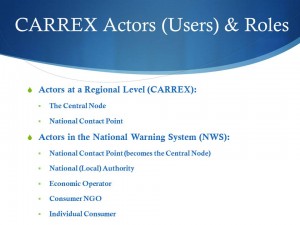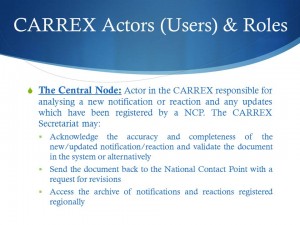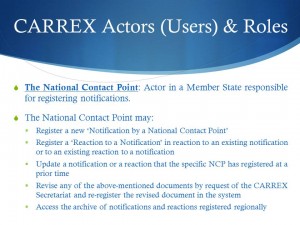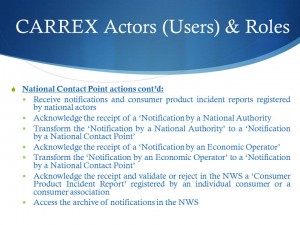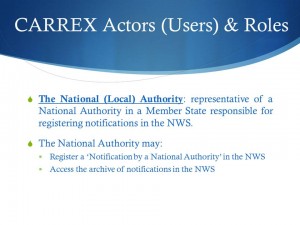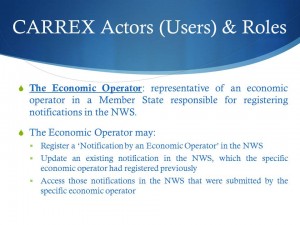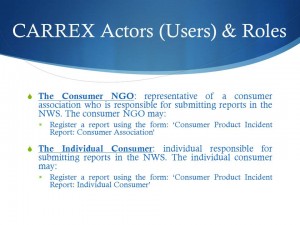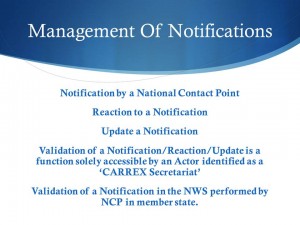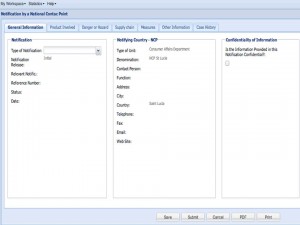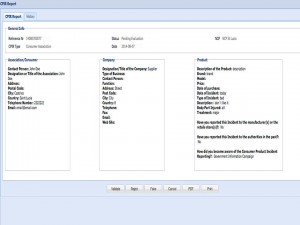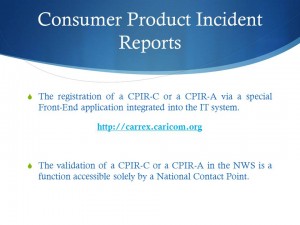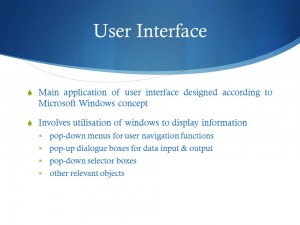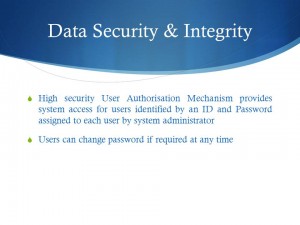
CONSUMER AFFAIRS DIVISION
The Consumer Affairs Division (CAD) is the consumer protection and advocacy arm of the Ministry of Trade and Industry. The CAD is charged with the responsibility to safeguard the economic interests of consumers through three main areas:
- Consumer Redress/Protection
- Consumer Education and Empowerment; and
- Consumer Research
The Unit comprises two units; the Consumer Protection and Services Unit (CPSU) and the Research Unit (RU).
Consumer Protection and Services Unit
The CPSU is the core unit of the CAD and is responsible for the investigation of consumer complaints which is one of the core functions of the Consumer Affairs Division (CAD) and the main service provided by the Division to the general public. The CPSU is responsible for:
- Conducting of lecture and hosting outreach programmes
- Receiving consumers’ complaints via e-mail, telephone, walk-in and referrals from regulatory bodies (where necessary complaints received from the CAD are also referred to the relevant regulatory agencies)
- Investigating and resolving consumer complaints
- Enforcing laws regulating consumer transactions
- Providing advice and dispute resolution services
- Monitoring of business premises
- Advocating the rights of consumers through representation on various regulatory boards and committees
CONSUMER LECTURE REQUEST FORM
CONSUMER COMPLAINT FORM
CONSUMER RELATED DOCUMENTS
CONSUMER RELATED NEWS
Research Unit
Research has been identified as one of the three core functions of the Consumer Affairs Division owing to the need of the MTI to be continuously apprised of all developments that are likely to impact on consumers. It is for this reason that the Research Unit (RU) exists.
Given the dynamic nature of consumerism and the economic environment within which it operates, there are distinct proactive, reactive and routine aspects to the research function at the CAD. These include:
- Researching emerging trends in consumer behaviour, including its negative impacts on the environment
- Conducting activities to support the Division’s mandate to educate, inform and protect consumers
- Assessing the quality of selected goods and services that may impact on the health and safety of consumers as well as engage in product testing and rating to ensure best quality for money
- Collecting data on prices of selected items to inform understanding of pricing and supply issues, for example, food and hardware items
- Providing data and analyses to support policy formulation
- Compiling reports on selected consumer issues
- Representing the Division on various Specification Committees of the Trinidad and Tobago Bureau of Standards (TTBS) and other Ministerial Committees.
- Any member of the public who is dissatisfied with a good or service and is seeking redress or advice.
- Any person or agency who is seeking or interested in consumer-related information.
- Suppliers requiring guidance on the basis of complaints.
When lodging a formal complaint you should walk with
- Original (and a copy) of your receipts, warranties and all over relevant documentation. Receipts should clearly show the date of purchase, the name of the establishment at which the item was bought, the item and price.
- Valid Identification Card or Driver’s License.
- The defective item (if the item is small enough to be carried) Photo evidence is also welcomed.
There is an opportunity for consumers to report non- food items which may pose a danger to our health and safety.
The CARICOM Rapid Exchange System (CARREX) is a system designed to monitor dangerous consumer goods excluding food, animal feed and pharmaceuticals. It is a general alert and surveillance structure intended to cope with emergency situations. If you are of the view that a product poses a risk or a danger to your health and safety please lodge a complaint at www.carrex.caricom.org
Learn more about CARREX
Our Offices:
Port of Spain Head Office:
Monday – Friday 8:00am – 4:00pm
Level 16 Nicholas Towers, 63-65 Independence Square, Port-of-Spain
Couva:
Every Wednesday, 9:00am – 3:00pm
Sugar Industry Labour Welfare Committee (SILWC) building,
Corner Dove and Balisier Avenue
Penal:
Every Monday, 9:00am – 2:00pm
218A S.S. Erin Road, Debe


